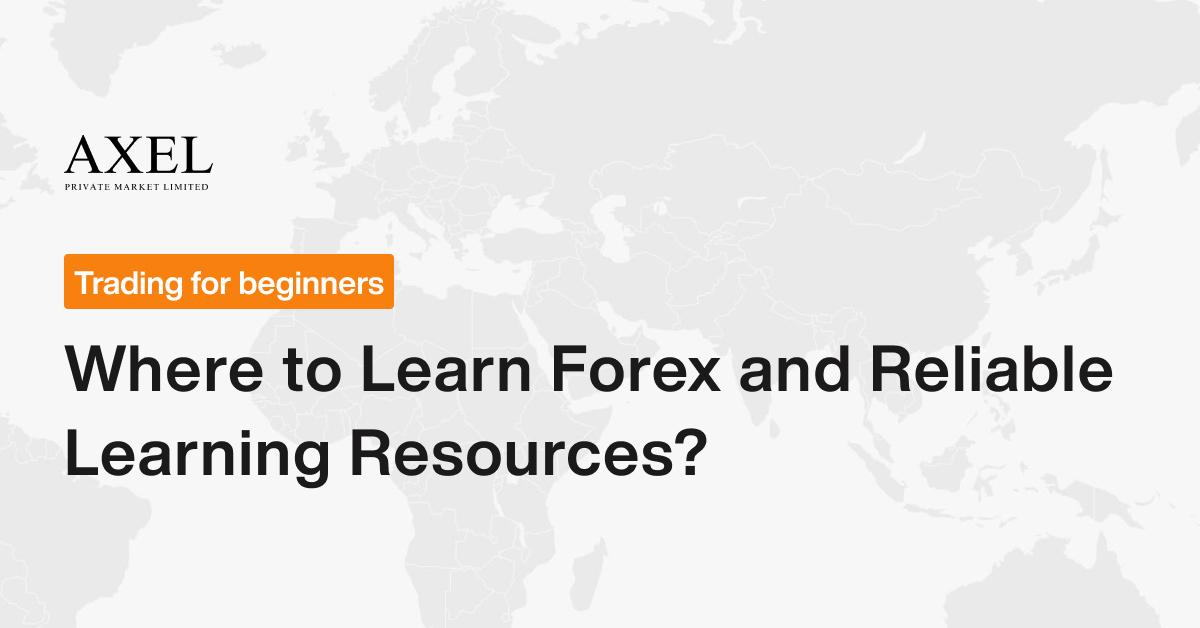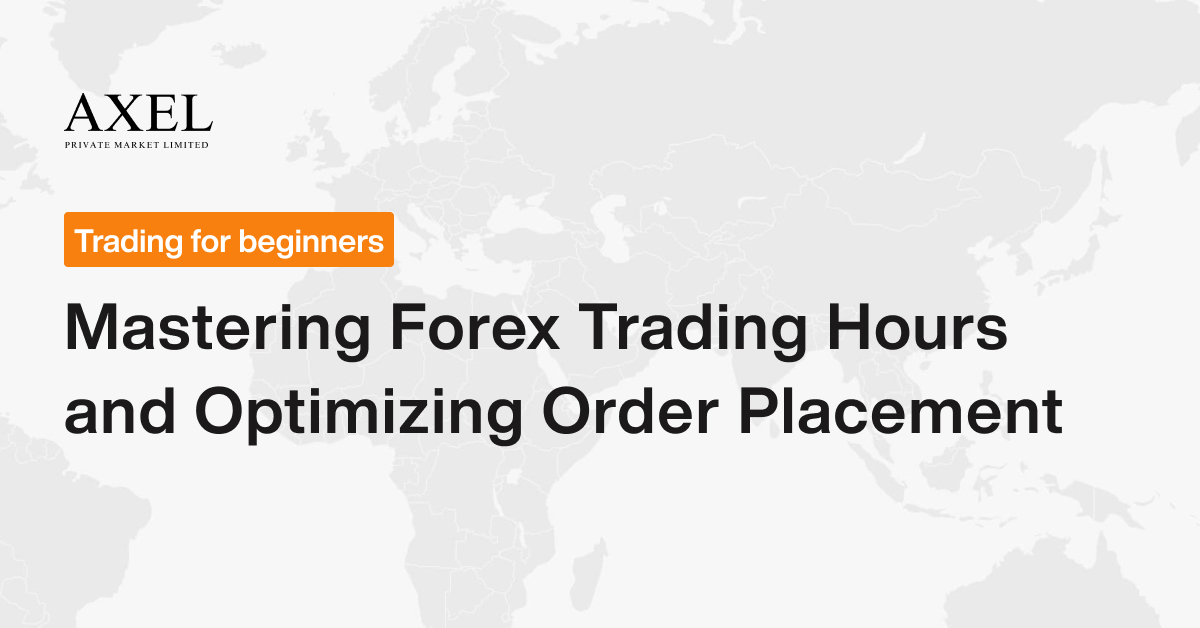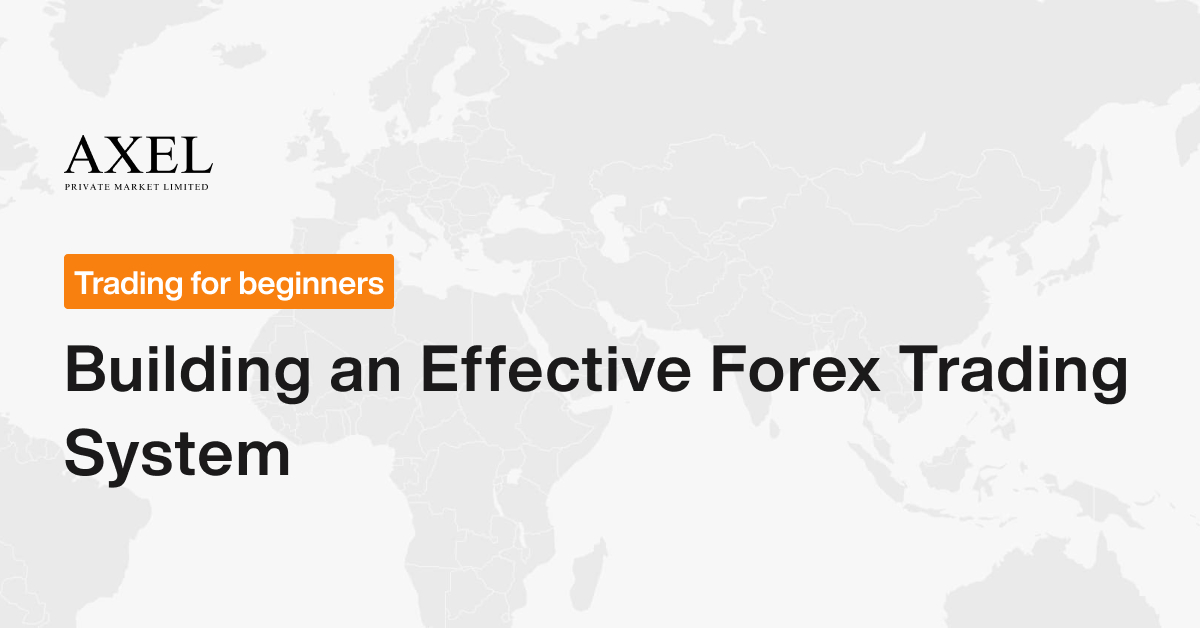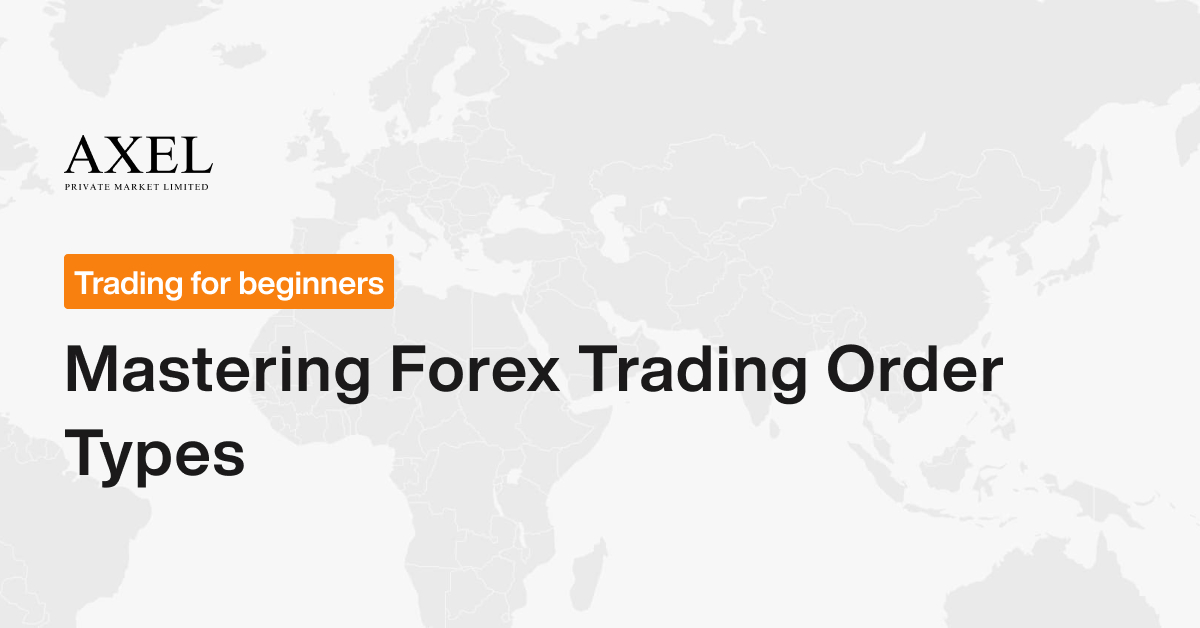INTRODUCTION
Brief Overview of Forex Trading and Its Popularity
Forex trading, also known as foreign exchange trading or currency trading, is a global marketplace where currencies are traded against one another. It’s the largest financial market in the world, with over $6 trillion in daily transactions. This immense volume is partly due to the essential role currency plays in the global economy, affecting everything from international trade to tourism. Forex trading attracts a wide range of participants, from individual retail traders to major financial institutions, due to its significant opportunities for profit, high liquidity, and the ability to trade 24 hours a day, five days a week.
Importance of Selecting the Right Broker for Successful Trading
Choosing the right Forex broker is pivotal for anyone looking to enter the Forex market. A broker acts as an intermediary between you and the liquidity providers (large banks or other financial institutions that buy and sell currencies). The right broker not only provides access to the markets but also offers essential tools, resources, and support to help you make informed trading decisions. With the right broker, traders can maximize their trading potential, leverage advanced technology for market analysis, and secure their investments with robust regulatory protections. Conversely, the wrong choice can lead to unnecessary losses, poor trading conditions, and a frustrating trading experience.
Preview of Key Considerations Covered in the Article
This article will delve deep into what makes a broker the right choice for Forex traders, covering key considerations such as:
- Regulatory Compliance: Ensuring your broker is regulated by reputable authorities to protect your investments.
- Account Features and Trading Platforms: Evaluating the tools and platforms offered for their suitability to your trading style.
- Fees and Commissions: Understanding the costs associated with trading and choosing a broker that offers transparent and competitive pricing.
- Deposit and Withdrawal Processes: The importance of having smooth and flexible financial transactions.
- Customer Support and Service Quality: Ensuring you have access to prompt and helpful support when needed.
By focusing on these essential areas, readers will gain actionable insights and valuable knowledge to navigate the complex process of selecting a Forex broker that best suits their trading needs and goals.
UNDERSTANDING FOREX TRADING
Explanation of Forex Trading Basics
Forex trading involves buying and selling currencies on the global market with the aim of making a profit. Currencies are always traded in pairs, for instance, EUR/USD (Euro/US Dollar), where the first currency (EUR) is the ‘base’ and the second (USD) is the ‘quote’ currency. The goal is to predict whether the base currency will strengthen or weaken against the quote currency.
- Key Concepts:
- Pair: Two currencies that are traded against each other.
- Bid: The price at which you can sell the base currency.
- Ask (or Offer): The price at which you can buy the base currency.
- Spread: The difference between the bid and ask price, which represents the broker’s fee.
Overview of How Forex Markets Operate
The Forex market is unique due to its:
- Vast trading volume, representing the largest asset class in the world and leading to high liquidity.
- Geographical dispersion; it operates 24 hours a day, except weekends, moving across major financial centers from Sydney to Tokyo, London, and New York.
- Variety of factors that affect exchange rates, including economic indicators, geopolitical stability, and market sentiment.
Market Participants include central banks, commercial banks, financial institutions, corporations, governments, and retail investors, each with their own reasons for trading, from hedging against international currency risks to speculative gains.
Discussion on the Role of a Forex Broker in Trading
A Forex broker serves as the intermediary between individual traders and the vast, complex world of global currency markets. They:
- Provide access to the Forex market via platforms that allow traders to buy and sell currencies.
- Offer leverage, enabling traders to control large positions with a relatively small amount of capital.
- Supply tools and resources like market analysis, real-time quotes, news feeds, and educational materials to help traders make informed decisions.
- Ensure regulatory compliance to protect traders from market manipulation and fraud.
Choosing the right broker is crucial because:
- A reputable broker will have strong regulatory oversight and transparent business practices.
- They should offer competitive spreads, low trading costs, and fast execution of trades.
- Access to a robust trading platform that matches your trading needs is essential for effective trading strategies.
Actionable Steps:
- Learn the basic terminology and mechanisms of Forex trading to build a solid foundation.
- Understand the operation of the Forex market, including the factors that influence currency movements.
- Evaluate brokers based on their regulatory status, trading platform, account features, and customer support.
Value Delivered: By grasping these fundamentals, you’ll be better positioned to navigate the Forex market confidently, select a broker that aligns with your trading goals, and ultimately, engage in more informed and potentially profitable trading activities.
THE IMPORTANCE OF CHOOSING THE RIGHT BROKER
Explanation of How a Broker Impacts Your Trading Experience and Outcomes
Selecting the right Forex broker is more than just a preliminary step; it’s a decision that will directly influence your trading effectiveness, efficiency, and even profitability. Brokers impact your trading journey in several key ways:
- Access to Markets: A good broker offers seamless access to major currency pairs and possibly other financial instruments, expanding your trading opportunities.
- Trading Costs: Competitive spreads and low commission rates can significantly reduce transaction costs, directly affecting your bottom line.
- Execution Speed: Fast execution allows traders to capitalize on market movements as they happen, which is crucial for strategies like scalping.
- Tools and Resources: From advanced charting packages to economic calendars, the resources provided can be invaluable for making informed decisions.
- Customer Support: Effective support can be the difference between resolving an issue quickly and missing out on a crucial trade.
Essentially, your broker is your gateway to the Forex market, and their reliability, integrity, and service quality are paramount for a successful trading experience.
The Risks of Choosing the Wrong Broker
The consequences of partnering with the wrong broker can be severe, impacting not just your trading outcomes but also your financial security:
- Market Manipulation: Unscrupulous brokers might engage in practices like re-quoting or slippage to their advantage.
- Hidden Fees: Some brokers have complex fee structures that can eat into profits if not carefully considered.
- Poor Execution: Delayed execution can result in significant slippage, especially in volatile markets, leading to higher costs and missed opportunities.
- Lack of Regulatory Oversight: Brokers without stringent regulatory compliance may pose a higher risk of fraudulent practices.
- Inadequate Customer Service: In the fast-paced Forex market, responsive customer service is crucial for resolving issues swiftly.
Actionable Steps:
- Research thoroughly to ensure a broker’s regulatory compliance, trading platform, fee structure, and customer service standards meet your needs.
- Read Reviews from other traders and independent websites to gauge the broker’s reputation and reliability.
- Test with a Demo Account to experience the broker’s trading platform and execution speeds firsthand without risking real money.
Value Provided: By understanding the critical role a broker plays in your trading journey and recognizing the potential risks of a poor choice, you are better equipped to select a broker that aligns with your trading goals and strategies, thereby enhancing your chances of success in the Forex market.
CONCLUSION
Recap of Key Points Covered
- We explored the fundamentals of Forex trading, emphasizing the market’s scope and the critical role of a broker in accessing this global financial arena.
- The discussion highlighted key considerations when choosing a Forex broker, including regulatory compliance, account features and trading platforms, fees and commissions, deposit and withdrawal processes, and customer support.
- Each section provided actionable insights to help you evaluate brokers based on these essential criteria.
Encouragement to Take Time in Choosing a Broker
Take your time researching and comparing brokers. Your choice of broker is a significant factor in your trading journey and can influence your success in the Forex market. Use the information and tips provided to make an educated decision that aligns with your trading goals and needs.
Final Thoughts on the Importance of Selecting the Right Partner for Forex Trading Success
The right broker is not just a service provider but a partner in your trading journey. A trustworthy and reliable broker can enhance your trading experience, provide valuable insights and tools, and ultimately contribute to your success in the Forex market. Choose wisely to ensure a fruitful and satisfying trading experience.
FAQs
1. How do I know if a Forex broker is regulated?
Check the broker’s website for registration details and verify these with the respective regulatory authority’s official website. Regulated brokers often display their regulatory body and license number at the footer of their website.
2. What is the difference between MetaTrader 4 and MetaTrader 5?
MetaTrader 4 (MT4) is widely used for Forex trading, known for its simplicity and effectiveness. MetaTrader 5 (MT5) offers additional features like more timeframes, technical indicators, and the ability to trade stocks and commodities, making it suitable for traders looking for more versatility.
3. Are lower fees and commissions always better?
While lower fees can reduce trading costs, it’s essential to balance them with the quality of service, platform stability, and execution speeds. Sometimes, paying slightly higher fees for better service and execution can be more beneficial in the long run.
4. How important is customer support in choosing a Forex broker?
Excellent customer support is crucial, especially for new traders. The ability to access prompt and helpful support can significantly impact your trading experience, especially in resolving issues quickly to avoid affecting your trades.
5. Can I switch brokers if I’m not satisfied?
Yes, you can switch brokers if you find that your current choice does not meet your needs. It’s vital to conduct thorough research and use demo accounts to test new brokers before making the switch.





